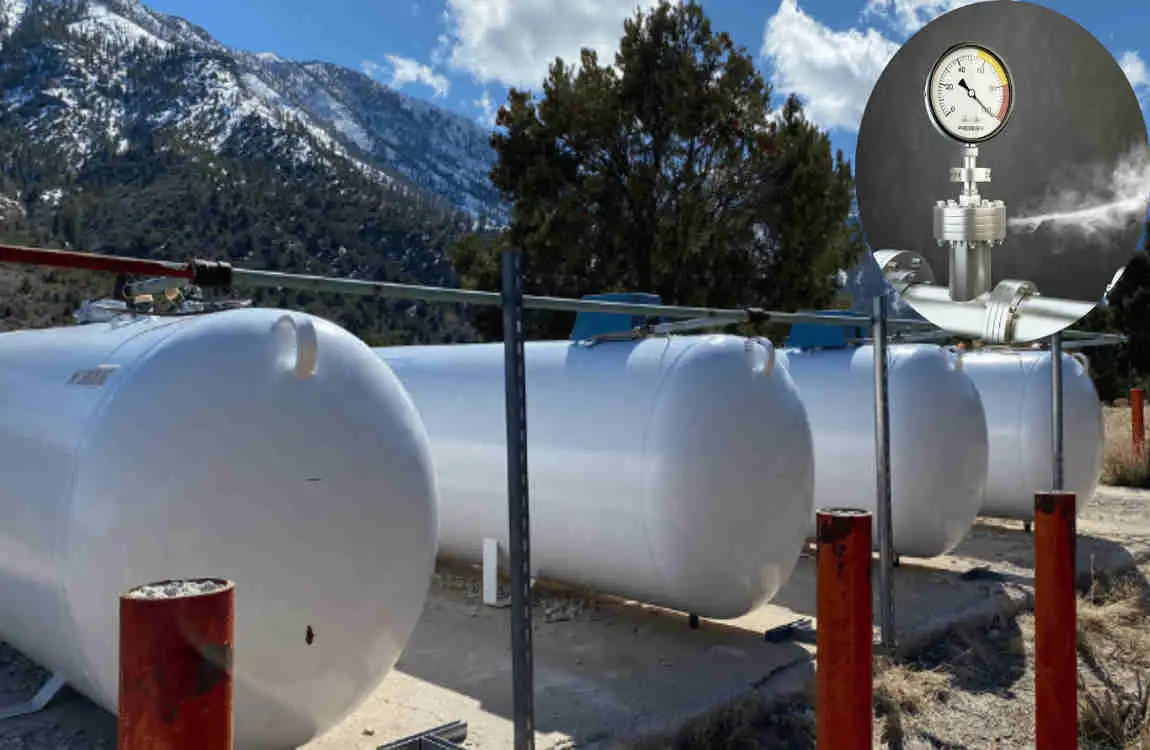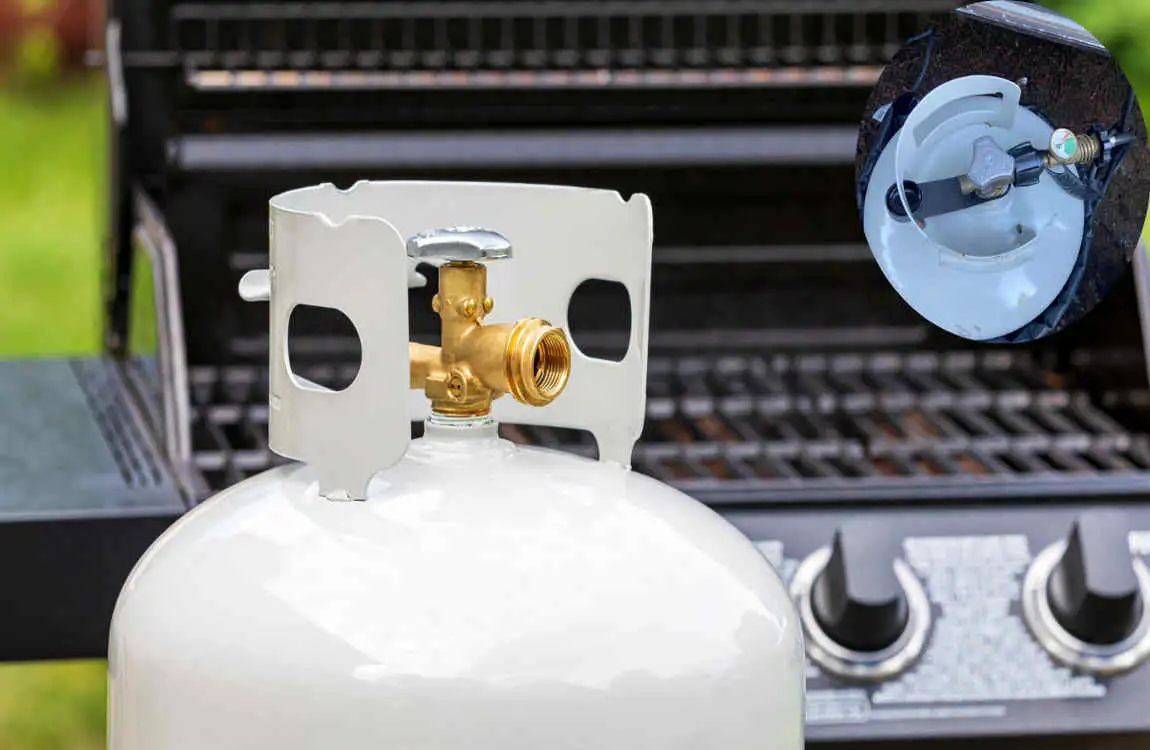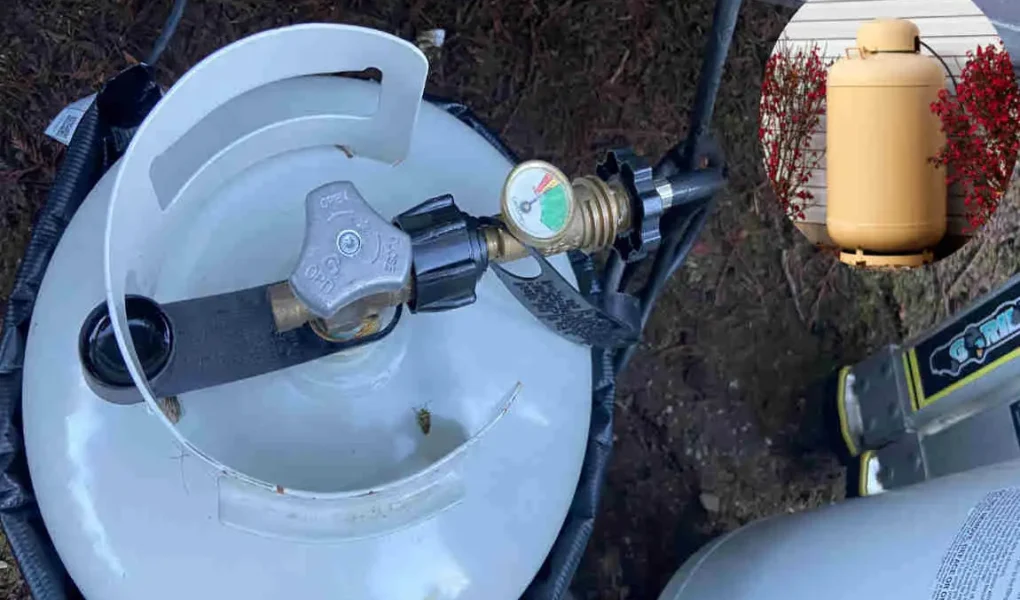Propane itself is colorless and odorless, but a distinct, unpleasant smell is added to it to help detect leaks. This smell is often described as similar to rotten eggs, skunk spray, or sulfur. Recognizing this strong, sulfur-like odor in your smell home is one of the first signs of a propane leak, which requires immediate attention for safety. It is essential to recognize this smell and respond promptly if it is detected to prevent potentially hazardous situations.
Symptoms of a Propane Leak

A propane leak can be a serious issue. Recognizing the symptoms early is crucial for safety.
One of the first signs you might notice is an unusual smell. Its odor is often described as similar to that of rotten eggs. This pungent scent is added intentionally to help identify leaks.
Alongside the smell, some people may experience physical symptoms like headaches or dizziness. Nausea can also occur, especially if exposure continues without ventilation.
Listen for hissing sounds near appliances or pipes; this could indicate escaping gas. Pay attention to any sudden changes in flame color on your stovetop or heater as well – blue flames typically mean safe combustion. In contrast, yellow or orange flames suggest incomplete burning and potential issues.
If these signs appear, it’s essential to take them seriously and act quickly.
Causes of Propane Leaks in Homes
Propane leaks can arise from various sources within your smell home. One common culprit is faulty appliances. If they’re not maintained properly, the integrity of their connections can deteriorate over time.
Corroded pipes also play a significant role in leaks. Exposure to moisture and fluctuating temperatures can weaken metal piping, creating tiny fissures that allow gas to escape silently.
Improperly installed propane systems are another risk factor. When fittings aren’t secure or components aren’t aligned correctly, it creates pathways for leakage.
Extreme weather conditions may contribute as well. Severe heat or cold can impact how propane tanks function, potentially leading to leaks you might not detect right away.
How to Identify the Smell of Propane
Propane is odorless in its natural state, but a distinct smell is added for safety. This scent resembles rotten eggs or sulfur. It’s intentionally strong to alert you to any potential leaks.
When trying to identify the smell of propane, trust your nose. If you detect that unmistakable stench, take it seriously. Pay attention to how intense the odor is; even a faint whiff deserves caution.
You may also read (how to spiritually clean your house).
If you’re uncertain about what you’re smelling, consider asking others if they notice it too. Fresh perspectives help clarify what might be an unusual odor lingering in your home environment.
Steps to Take if You Suspect a Propane Leak

If you suspect a propane leak, your first step is to remain calm. Panic won’t help the situation and may lead to rash decisions.
Immediately evacuate everyone from the area. Open windows and doors if it’s safe to do so, allowing fresh air in. Avoid using any electrical devices or flames that could ignite the gas.
Once you’re outside, move at least 150 feet away from your home. This distance helps ensure safety while waiting for professionals.
Call your local fire department or propane supplier right away. Let them know about your suspicions so they can respond quickly with expertise.
The building should not be re-entered until it has been deemed safe by authorities. It’s crucial to prioritize safety above all else when dealing with potential leaks like this one.
Preventing Propane Leaks in Your Home
Preventing propane leaks is essential for safety in your home. Regular maintenance of your propane appliances should be a priority. Schedule annual inspections with a qualified technician to ensure everything operates correctly.
Installing carbon monoxide detectors adds another layer of protection. These devices alert you to any dangerous buildup, giving you peace of mind.
Keep an eye on the condition of pipes and connections around your appliances. Look for signs like rust or corrosion, which can indicate potential issues before they become serious problems.
Educate all family members about the smell of propane and what to do if they detect it. Awareness plays a vital role in maintaining safety at home.
Ensure proper ventilation in areas where propane appliances are used. Good airflow helps prevent gas accumulation and significantly reduces the risk of leaks.
You may also read (how to effectively bug bomb your house).




